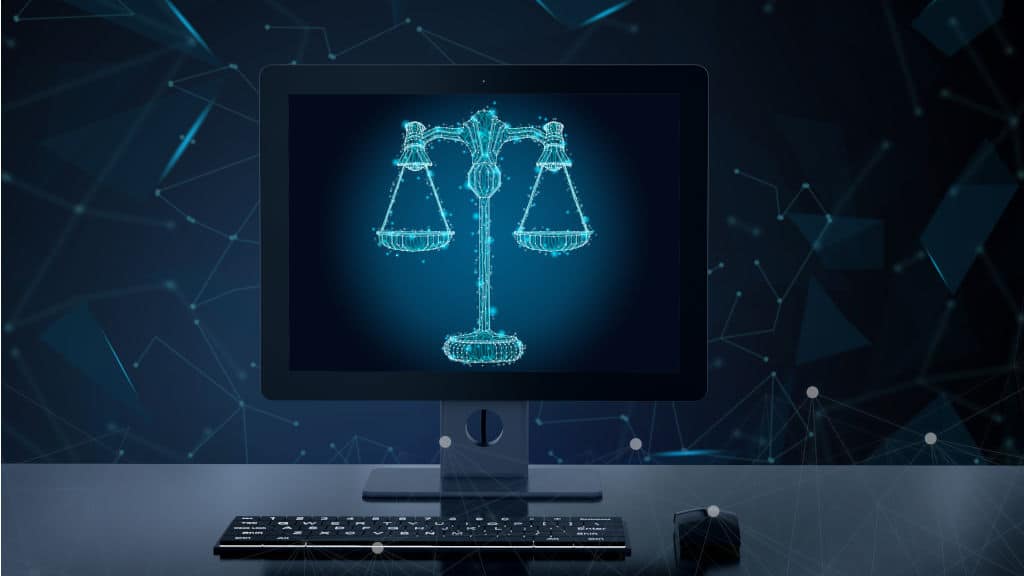Data protection rights have wide-ranging cybersecurity ramifications that impact every nation on the planet. Governments are in a fight to modernize their legislation to protect citizens’ data in the face of evolving threats.
Cybersecurity and Data Protection Legislation
Around the globe, governments are creating data protection laws, acts, and orders to defend the people they serve. While cyber law is a complex and evolving field, it is important that individuals and businesses have a general understanding of the data security regulations and standards of their region.
The European Union
The General Data Protection Regulation (GDPR) of the European Union is the precursor and inspiration for much of the cybersecurity legislation we see today. Since its implementation in 2016, many modern nations have utilized the GDPR to frame their own data protection and privacy initiatives.
The GDPR outlines multiple rights that consumers have, including:
-
• The right to be informed about how their data is collected and used.
• The right to access copies of their personal data.
• The right to have inaccurate personal information be updated.
• The right to be forgotten and have their data be deleted (within legal requirements).
• The right to ask for data to be transferred to another controller or provided to them in an electronic form.
• The right to restrict their personal data from being processed.
• The right to withdraw consent for access to their data.
• The right to object to automated processing of their information.
Learn more about how DriveStrike can help your business become GDPR compliant!
The United States
The United States has various sets of guidelines for data security and privacy that pertain to specific industries (for example, the Health Insurance Portability and Accountability Act (HIPAA) and the Health Information Technology for Economic and Clinical Health (HITECH) Act are designed for the healthcare industry). There is also a patchwork of state-level data security laws pertaining to cybersecurity topics such as data breach notification, cryptocurrency, and consumer privacy. Some, such as the California Consumer Privacy Act (CCPA), are currently enforceable, while others like the Connecticut Data Privacy Act (CTDPA) are in their infancy and have not been fully implemented yet.
You can search for specific technology legislation on the National Conference of State Legislatures’ bill database.
India
In India, data privacy is currently legislated by the Information Technology Act of 2000. However, there is movement within the government that indicates this may be changing soon for the average “digital nagrik” (digital citizen) within the country. India is in the midst of discussions to clarify the rights and responsibilities of individuals.
The United Kingdom
Post-Brexit, the United Kingdom has the Data Protection Act of 2018 and the UK-GDPR in effect. The core aspects of the UK-GDPR are quite similar to the EU GDPR regulations it was based on.
For more specifics, visit the Information Commissioner’s Office (ICO) site, which offers a more in-depth discussion of UK-GDPR and how it impacts specific issues like the protection of children’s data, artificial intelligence (AI), and political campaigning.
Brazil
The Brazilian National Congress passed an EU-inspired Brazilian General Data Protection Law (LGPD) in 2018. This consolidates about 40 different regulations on data protection that had been on the books previously. It also established an agency to oversee this implementation called the National Data Protection Authority or ANDP.
Canada
Canadian citizens and businesses operating in Canada function within a framework of nationwide, provincial, and territorial data protection laws. For example, the Privacy Act only pertains to certain Canadian governmental offices, while the Personal Information Protection and Electronic Documents Act (PIPEDA) impacts businesses throughout the nation, excluding some provinces and territories that have their own regulations in place of PIPEDA. There are also industry-specific regulations, such as the Bank Act.
A site maintained by the Office of the Privacy Commissioner of Canada provides brief overviews of these and other acts.
Keeping Legislation Up To Date
Laws and guidelines need to be adjusted to keep up with modern cyber threats. They also need adequate enforcement to work as designed. Countries that prioritize cybersecurity and the data privacy of their citizens should seek to encourage a culture of data protection. Collaborating with other nations to share knowledge on threats, attack patterns, and vulnerable technologies can help countries improve their own laws and better protect their citizens.
Get Involved
Cybersecurity is, in many ways, a team sport. Grassroots and community involvement helps to inspire data privacy and protection on a national level. If there are gaps in data privacy legislation, individual citizens and businesses should get involved in calling for change.
-
• Contact local and national government officials and ask about active or pending data privacy legislation.
• In elections, look for candidates who are informed on the importance of the data privacy rights of citizens and other cybersecurity issues.
• Take part in public comment periods and community meetings pertaining to data privacy and security when they happen nearby.
• Be vocal in community cybersecurity discussions; speak with friends, other businesses, and local officials about the importance of data security and changes that can be made to protect everyone from threats.
• Discuss what it would look like to implement strong data protection policies.
While it may seem daunting to try to effect change in the scope of national regulations, organizations and individuals can be involved on a local level by taking part in awareness campaigns for municipal governments, schools, etc. Increasing awareness of citizens’ rights and cybersecurity best practices can inspire more widespread action by influencing the culture and conversation around data privacy.
Cybersecurity is a necessity in our modern society. By getting involved in local cybersecurity campaigns and learning about the data privacy legislation that is on the books, individuals can impact their communities for the better. Begin engaging today, and empower fellow citizens and businesses to do the same!

